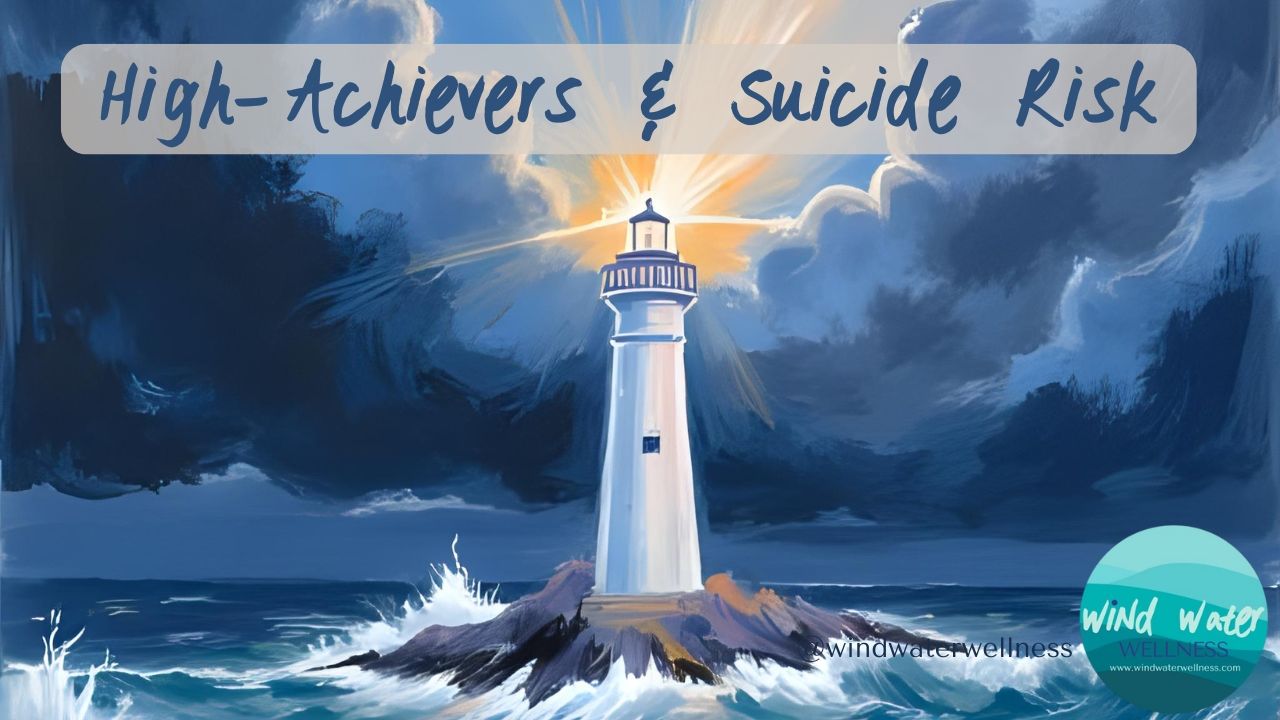
Suicide Prevention Day: What Burned-Out High-Functioners Aren’t Saying Out Loud
Truth: Awareness without action is just PR. And in the realm of suicide prevention, PR doesn’t save lives-it sells an image of caring while the people most at risk are still quietly disappearing.
Every September 10th, we get the same pastel posts and “reach out if you’re struggling” graphics. They’re not useless-but they’re incomplete. Especially for the people least likely to “look” like they need help: high-functioners. The overachievers. The glue holding everything together while wondering, in private, what it would take to make the world stop asking for more.
If that’s you-you’re not broken. You’re betrayed. And this is your permission slip to talk about it.
The Problem With “Awareness” Campaigns
Here’s the cycle:
- Corporation: Slaps a teal ribbon on its logo for a week.
- Public: Posts a curated shot with the hashtag #SuicidePreventionDay.
- Reality: Workplaces still punish vulnerability, health systems still gatekeep care, and we keep telling people “you matter” while making them prove it every damn day.
Awareness without resources is like a lighthouse with no bulb. It looks good in a storm, but it won’t stop you from hitting the rocks.
We need less branding and more breaking the rules that keep people silent.
Why High-Functioners Are at Risk-And Rarely Recognized
High-functioners are the ones still showing up, still delivering, still “fine” on paper. They’ve learned that competence earns them safety, or at least buys them less scrutiny.
They can:
- Nail a presentation while running on two hours of sleep and the emotional equivalent of an empty tank.
- Manage a crisis at work while drowning in one at home.
- Keep being “the reliable one” long after it’s killing them.
From the outside? It looks like resilience.
From the inside? It’s strategic self-erasure.
The world rewards your silence. The system profits off your overfunctioning. And the dangerous part? People believe you’re okay because you’re so damn good at pretending.
The Science: Stress, Burnout, and Suicide Risk
Your nervous system isn’t fragile-it’s a historian. It remembers every time you had to stay quiet to stay safe. Every moment you had to keep performing despite pain.
Chronic overfunctioning leads to:
- Elevated cortisol and disrupted sleep
- Emotional blunting (you can’t feel joy because you’ve numbed everything)
- A shrinking tolerance for stress until everything feels like too much
And when you’ve spent years perfecting the art of not needing anything? Asking for help can feel more dangerous than staying silent. That’s when suicide risk spikes-not necessarily because someone “wants to die,” but because they can’t see another way to stop the pressure.
What Real Prevention Looks Like
Forget the corporate hashtags and “stay positive” slogans. Real suicide prevention looks like:
- Normalizing direct conversations about death, hopelessness, and the actual reasons people want to disappear.
- Removing the shame tax-making help accessible without making people prove they’re “bad enough” to deserve it.
- Valuing connection over performance-creating communities where you can be unproductive, messy, and still worth showing up for.
- Teaching protective skills-not just crisis hotlines, but how to regulate your body, set boundaries, and dismantle the internalized belief that your worth is tied to out
It’s not fluffy. It’s structural.
Your Permission Slip to Stay
You don’t have to be strong to stay. You don’t have to be likable, regulated, or endlessly “positive.”
You can stay because:
- You’re tired and you’d rather see what life feels like when you’re not exhausted.
- You’re angry and want to stick around to prove the system wrong.
- You’re curious about the version of you that exists when you’re not trying to be everyone’s safety net.
Rest, rage, and connection aren’t indulgences-they’re suicide prevention strategies.
Where to Go from Here
If this is you right now-if you’re scrolling through posts on September 10th wondering how much longer you can keep showing up-start small.
- Text one person and tell them you’re not okay. No explanations, no performance.
- Cancel one non-essential thing this week and don’t replace it.
- Write down the sentence: I don't have to "earn" my life, my self esteem, or my rest. Put it somewhere you’ll see every day.
And if the thoughts won’t stop, if you’re making plans, if the weight feels impossible:
- U.S.: Call or text 988
- UK & Ireland: Samaritans freephone 116 123
- Australia: Lifeline on 13 11 14



